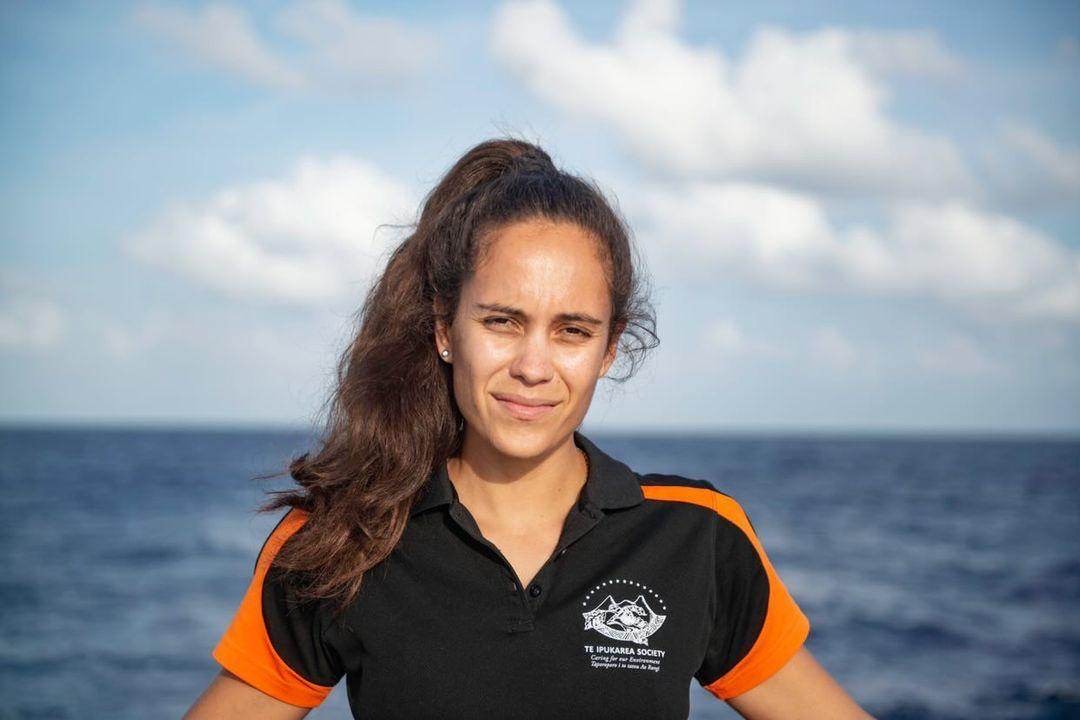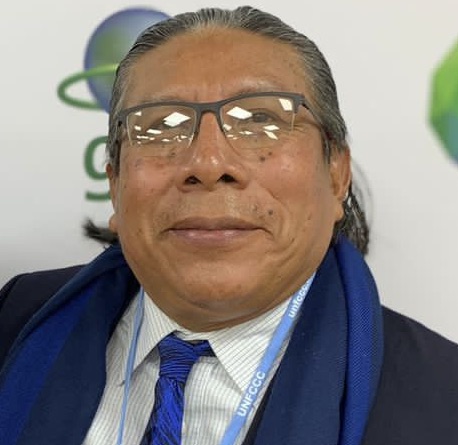Why attend
Attend this session to understand how global biodiversity frameworks and the High Seas Treaty recognize Indigenous rights, knowledge, and leadership. Learn how these commitments shape conservation within and beyond national jurisdictions, ensuring Indigenous voices guide decisions on marine and coastal biodiversity, protected areas, and equitable benefit-sharing.
Session Description
At COP15, the Convention on Biological Diversity (CBD) adopted the Kunming-Montreal Global Biodiversity Framework (KMGBF), which affirms the rights, roles, and contributions of Indigenous Peoples, including recognition of their territories under Target 3. Complementing this, the Biodiversity Beyond National Jurisdiction (BBNJ) Agreement, or High Seas Treaty, explicitly acknowledges Indigenous rights and knowledge, ensures participation in decision-making, and mandates equitable benefit-sharing from marine genetic resources. Its preamble recalls the UN Declaration on the Rights of Indigenous Peoples and safeguards existing rights. The treaty also requires consultation with Indigenous Peoples and local communities in shaping Marine Protected Areas, incorporating both science and traditional knowledge. While the CBD covers areas within national jurisdictions, the BBNJ extends recognition to high seas, though Indigenous perspectives emphasize that marine, coastal, and high-seas ecosystems are interconnected, and impacts beyond national borders affect biodiversity within Indigenous and traditional territories alike.Moderator
Speaker
Director, Te Ipukarea Society - Environmental NGO, Te Ipukarea Society - Environmental NGO
Senior Programme Manager, Ocean Governance, IUCN - International Union for Conservation of Nature


